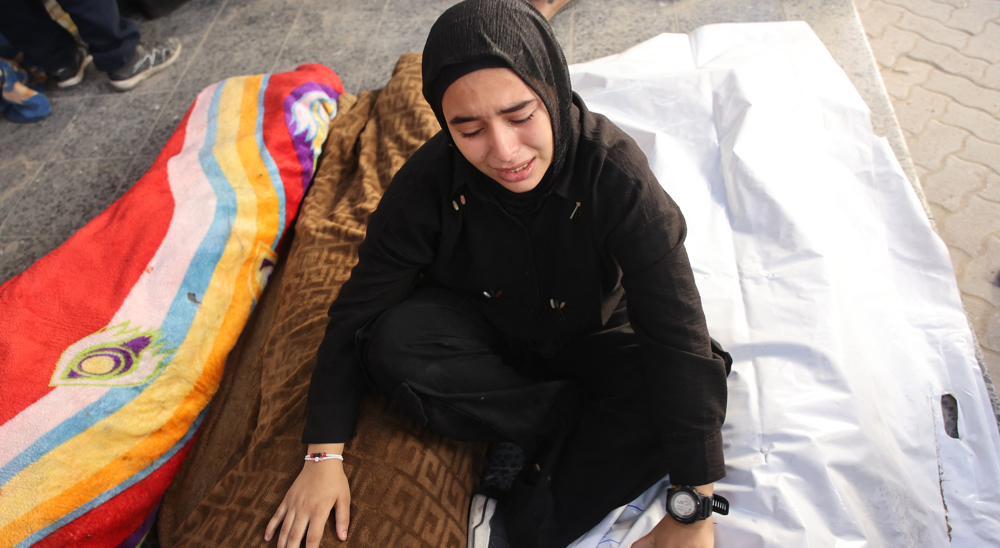California wildfires spread, forcing evacuations
A pair of California wildfires have quickly spread, threatening hundreds of homes and forcing evacuations at a popular lakeside campground and a summer camp where flames temporarily trapped children and counselors, a fire official said.
In other parts of the West, evacuation orders were lifted in Colorado and Montana towns threatened by wildfires, while air and ground crews battled a growing grass fire in northwestern Colorado.
The fire that started early Saturday afternoon in California's Santa Barbara County had spread to both sides of Highway 154 and was "completely out of control," county fire Capt. Dave Zaniboni said. About 90 children and 50 counselors were struck at the Circle V Ranch and had to take shelter there until they could be safely evacuated.

The Santa Barbara County fire was one of three in California that grew quickly as much of the state baked in heat that broke records. A record that stood 131 years in Los Angeles was snapped when the temperature spiked at 98 degrees downtown. The previous record of 95 degrees was set in 1886, the National Weather Service said.
Excessive heat sent Southern Californians flocking to beaches and in search of water, shade and air conditioning to escape the heat.
Forecasters warned that triple-digit temperatures up to 110 degrees would be common in some inland areas and could be deadly for the elderly, children and outdoor workers. Air quality reached unhealthy and very unhealthy in areas inland from Los Angeles.
High temps and dry gusts tripled the size of another Santa Barbara wildfire to nearly 30 square miles (about 77 sq. kilometers) over eight hours and forced evacuations of about 200 homes in a rural area east of Santa Maria, fire spokesman Kirk Sturm said.
After five years of severe drought, California got a big break with record rainfall and snowpack in parts of the state this year that has delayed the start of fire season in some places, but has also led to explosive vegetation growth that could fuel future fires.
In Northern California, a Butte County wildfire swept through grassy foothills and destroyed 10 structures, including homes, and led to several minor injuries.
Burned-out pickup trucks were left in ashes, surrounded by charred, leafless trees. The metal frame of a mobile home and a vintage stove were left standing in scorched debris at one site.

The blaze about 60 miles north of Sacramento grew rapidly to more than 4 square miles (nearly 11 sq. kilometers) and was 20 percent contained, according to the California Department of Forestry and Fire Protection.
The area burning was about 10 miles (16 kilometers) south of Oroville, where spillways in the nation's tallest dam began crumbling from heavy rains this winter and led to temporary evacuation orders for 200,000 residents downstream. On Saturday, authorities issued an evacuation for about 250 homes threatened by the fire.
In the middle of the afternoon, Santa Barbara officials sent out alerts to residents and campers near Cachuma Lake to evacuate as the fire started near Whittier Camp, Zaniboni said.
The lake, which was nearly bone dry last summer after the severe drought, is popular for camping, boating and fishing. Residents were also ordered to leave cabins in the Los Padres National Forest.
The fire burned at least 4.7 square miles (12 sq. kilometers), including a portion of the Cachuma Lake campground, and was not contained.

In Colorado, residents of nearly 500 homes outside the ski town of Breckenridge were allowed to return home Friday night. On Saturday, authorities lifted an evacuation order in Landusky, Montana, in the Little Rocky Mountains south of the Fort Belknap Indian Reservation.
The grass fire in northwestern Colorado had burned 18 square miles (47 square kilometers) and was spreading in several directions at once because of wind patterns from passing thunderstorms, fire information officer Chris Barth said.
A wildfire in southern Wyoming grew to 3 square miles (8 square kilometers). An unknown number of cabins remained under evacuation orders.
(Source: AP)
VIDEO | Hezbollah takes ‘elite’ Israeli brigade under rocket salvo; strikes ground forces base for 1st time
Iran calls on UN Security Council to slap effective, comprehensive sanctions on Israel
Germany says to join ‘nuclear’ talks with Iran, UK, France
Israeli commander resigns after researcher killed in Lebanon
Iran says gas supply to Iraq flowing normally
UAE says 3 Uzbeks arrested over Israeli-Moldovan rabbi's murder
Lebanon, Israel almost 'close' to ceasefire deal, officials say
Heavy rains flood tents in Gaza as Israel intensifies attacks










 This makes it easy to access the Press TV website
This makes it easy to access the Press TV website